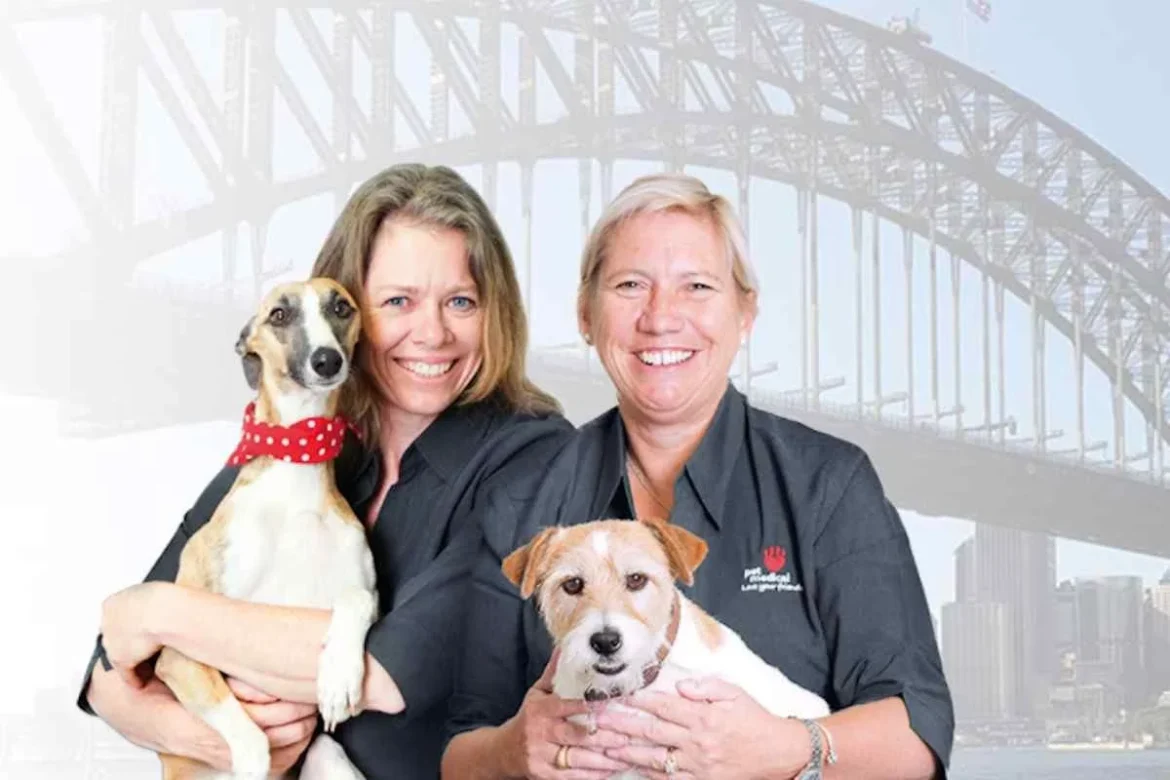The heart is a vital organ for all living beings, and pets are no exception. Just like humans, animals can suffer from various heart conditions that require timely diagnosis and treatment. Recognizing the importance of cardiovascular health in pets is essential for their overall well-being. Veterinary cardiology plays a crucial role in ensuring that pets lead healthy, active lives.
A specialized vet cardiology service focuses on diagnosing and managing heart-related issues in animals. These clinics are equipped with advanced tools and staffed by trained professionals who can detect conditions early and provide effective treatment. Early intervention is often key to preventing serious complications and improving your pet’s quality of life.
Common Heart Conditions in Pets
Pets, particularly dogs and cats, can develop a range of heart conditions. Some of the most common include congestive heart failure, heart murmurs, arrhythmias, and cardiomyopathy. While some heart conditions are congenital, others develop with age or due to lifestyle factors. Regular check-ups with a veterinarian can help detect these issues before they progress.
Early detection is critical. Symptoms such as coughing, fatigue, difficulty breathing, or sudden lethargy may indicate a heart problem. Pet owners should be vigilant and seek professional evaluation when these signs appear. A specialized vet cardiology clinic can provide accurate diagnosis and a tailored treatment plan to manage the condition effectively.
Diagnostic Services in Vet Cardiology
Vet cardiology relies on advanced diagnostic techniques to identify heart conditions accurately. Common tools include echocardiography (ultrasound of the heart), electrocardiograms (ECG), blood pressure monitoring, and chest X-rays. These tests provide detailed information about the heart’s structure, rhythm, and function, allowing veterinarians to detect abnormalities early.
A comprehensive diagnosis helps veterinarians determine the severity of the condition and the most appropriate treatment approach. Regular monitoring is also important, especially for pets with chronic or progressive heart diseases. Vet cardiology clinics often create customized care plans to ensure ongoing management and improved outcomes.
Treatment Options for Heart Conditions
Treatment for heart disease in pets can vary depending on the type and severity of the condition. Common approaches include medications, dietary management, exercise adjustments, and in some cases, surgical intervention. Medications may help control blood pressure, improve heart function, or manage fluid retention.
Veterinarians also emphasize lifestyle modifications. Proper nutrition, weight management, and controlled activity levels can significantly support heart health. Regular follow-ups with a vet cardiology specialist ensure that treatment plans are adjusted as needed, keeping pets comfortable and healthy over time.
Preventive Heart Care
Prevention is always better than cure. Regular veterinary check-ups, vaccinations, and parasite control contribute to overall heart health. Certain breeds may be predisposed to specific heart conditions, making preventive care especially important. Early detection of risk factors allows veterinarians to recommend proactive measures to reduce the likelihood of serious complications.
Pet owners should also pay attention to lifestyle factors. Maintaining a healthy weight, providing regular exercise, and monitoring for early signs of heart issues can help prevent the progression of disease. A proactive approach ensures pets live longer, healthier lives with fewer complications.
Emergency Cardiac Care for Pets
In some cases, heart conditions may require urgent attention. Symptoms such as severe difficulty breathing, collapse, or sudden weakness demand immediate veterinary care. Specialized vet cardiology clinics are equipped to handle such emergencies, providing critical interventions that can save your pet’s life. Quick access to expert care ensures better outcomes in acute situations.
Choosing a Vet Cardiology Specialist
Selecting the right cardiology clinic for your pet involves considering experience, equipment, and a reputation for compassionate care. A qualified vet cardiology specialist will provide accurate diagnosis, personalized treatment plans, and ongoing support for managing chronic heart conditions. Pet owners should seek clinics with a proven track record in cardiovascular care and a focus on both preventive and emergency services.
Conclusion
Understanding the importance of heart health in pets is essential for responsible ownership. Specialized vet cardiology services offer comprehensive care, from diagnosis and treatment to preventive guidance and emergency support. Regular monitoring, early intervention, and professional expertise ensure that pets with heart conditions can enjoy long, happy, and healthy lives. Prioritizing cardiovascular care enhances overall well-being and strengthens the bond between pets and their owners.


